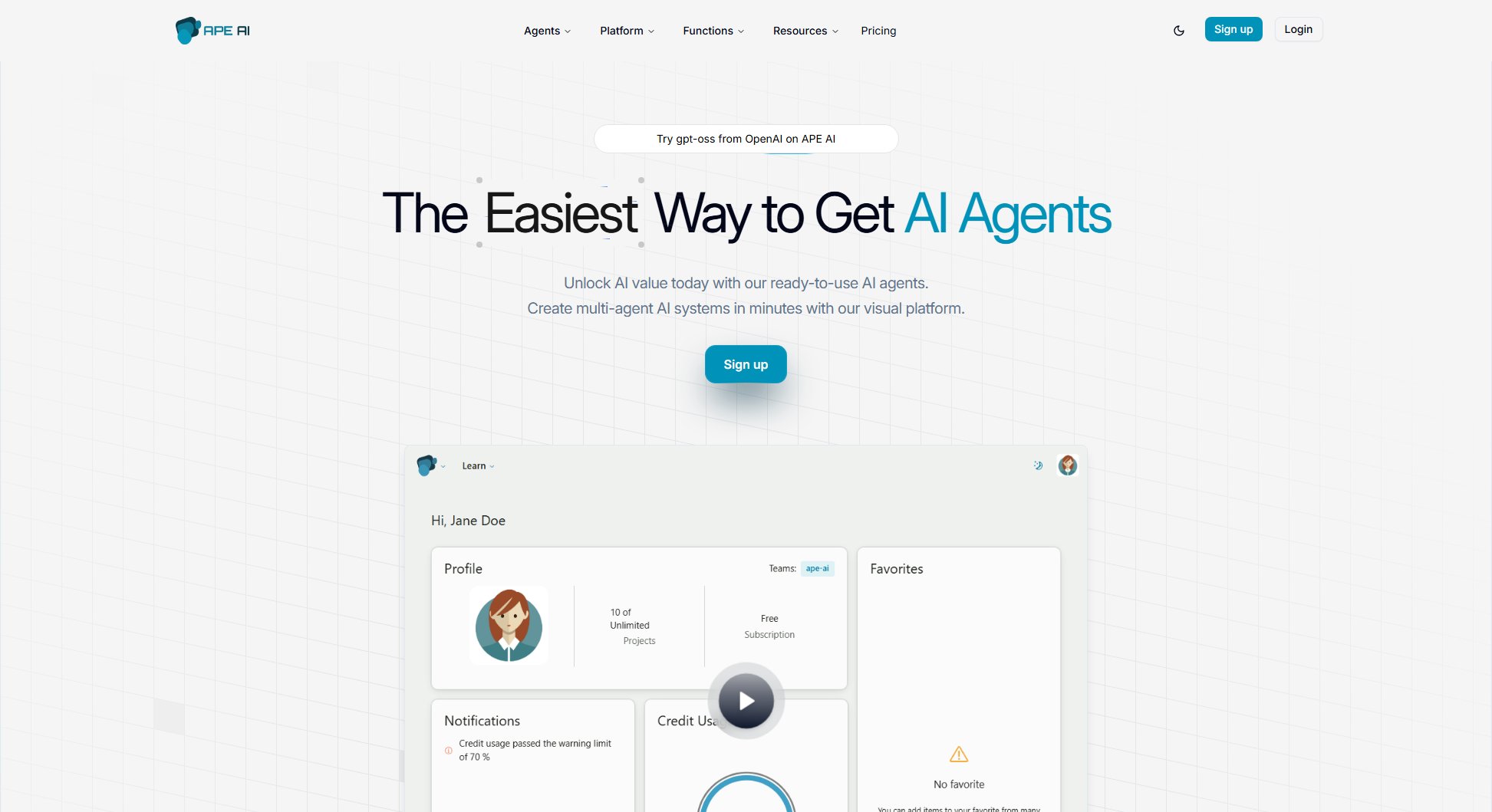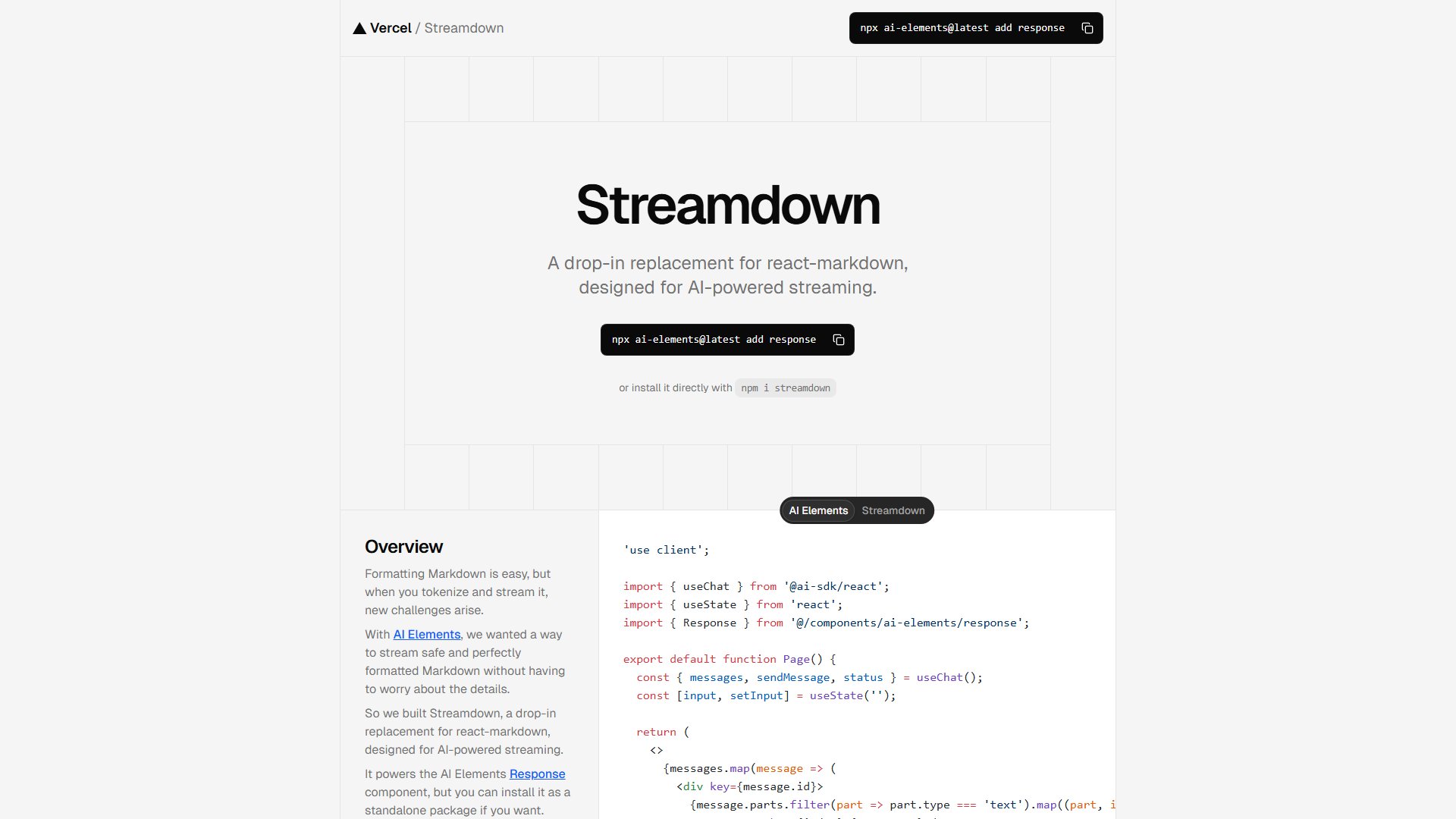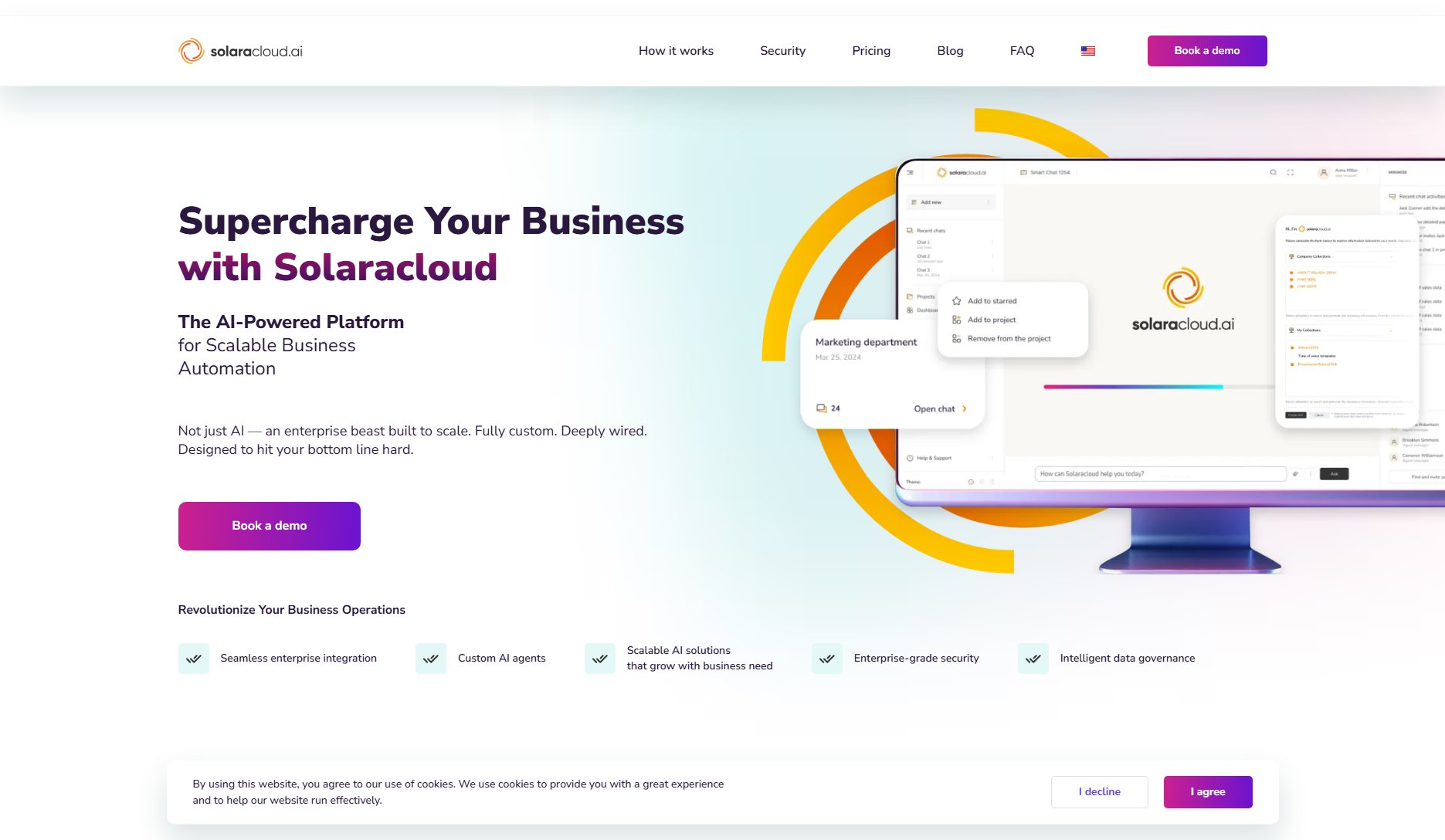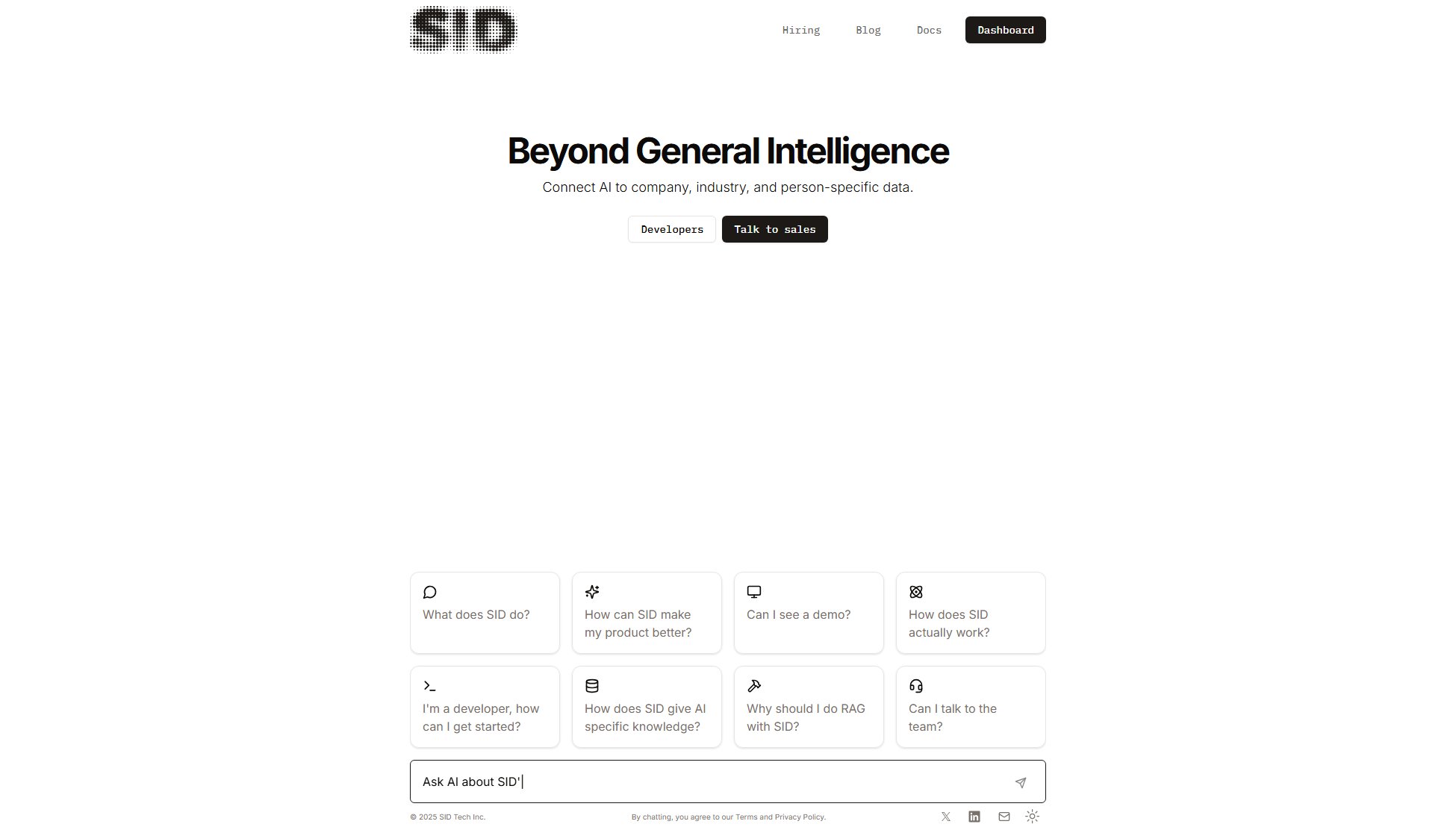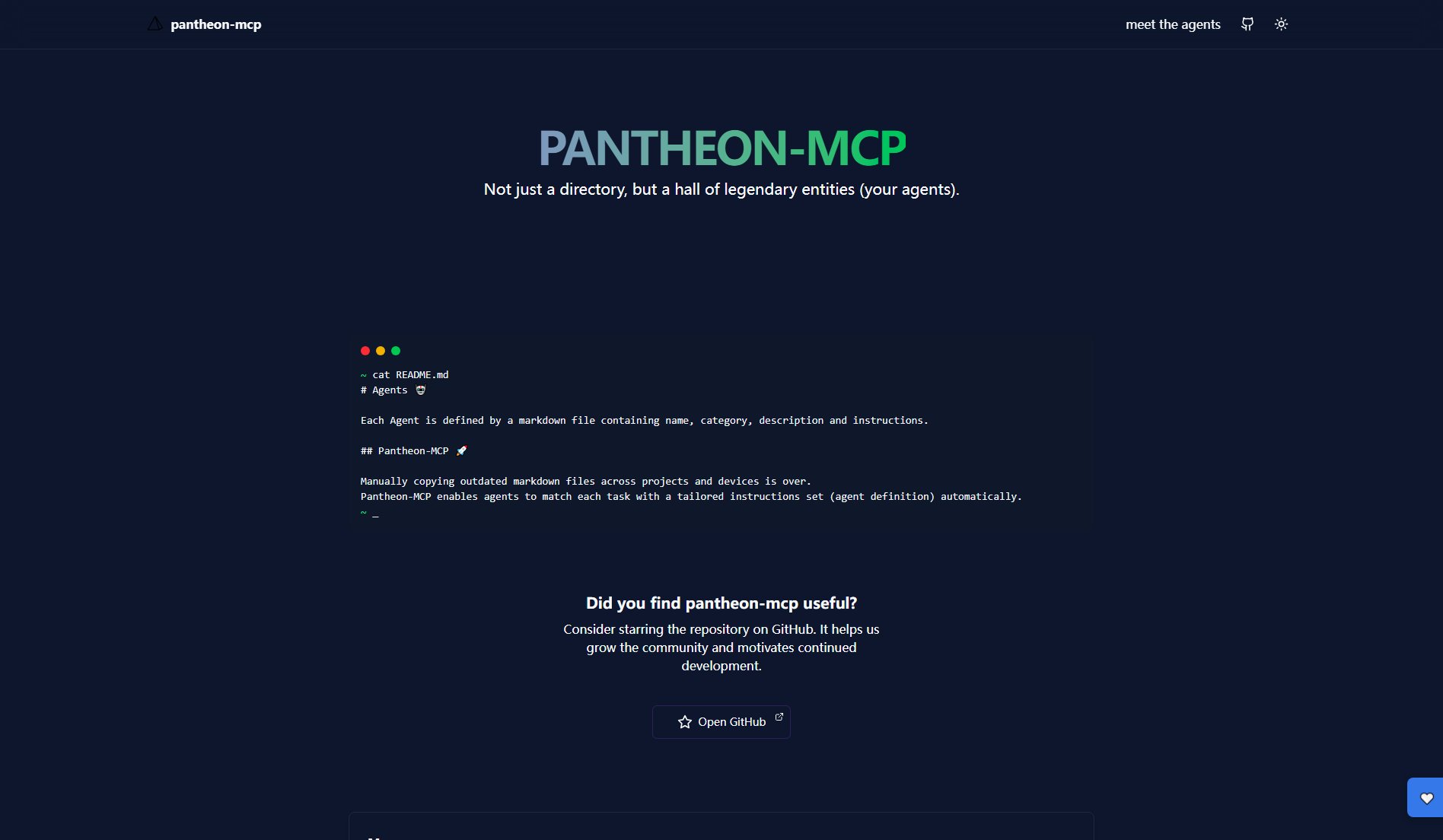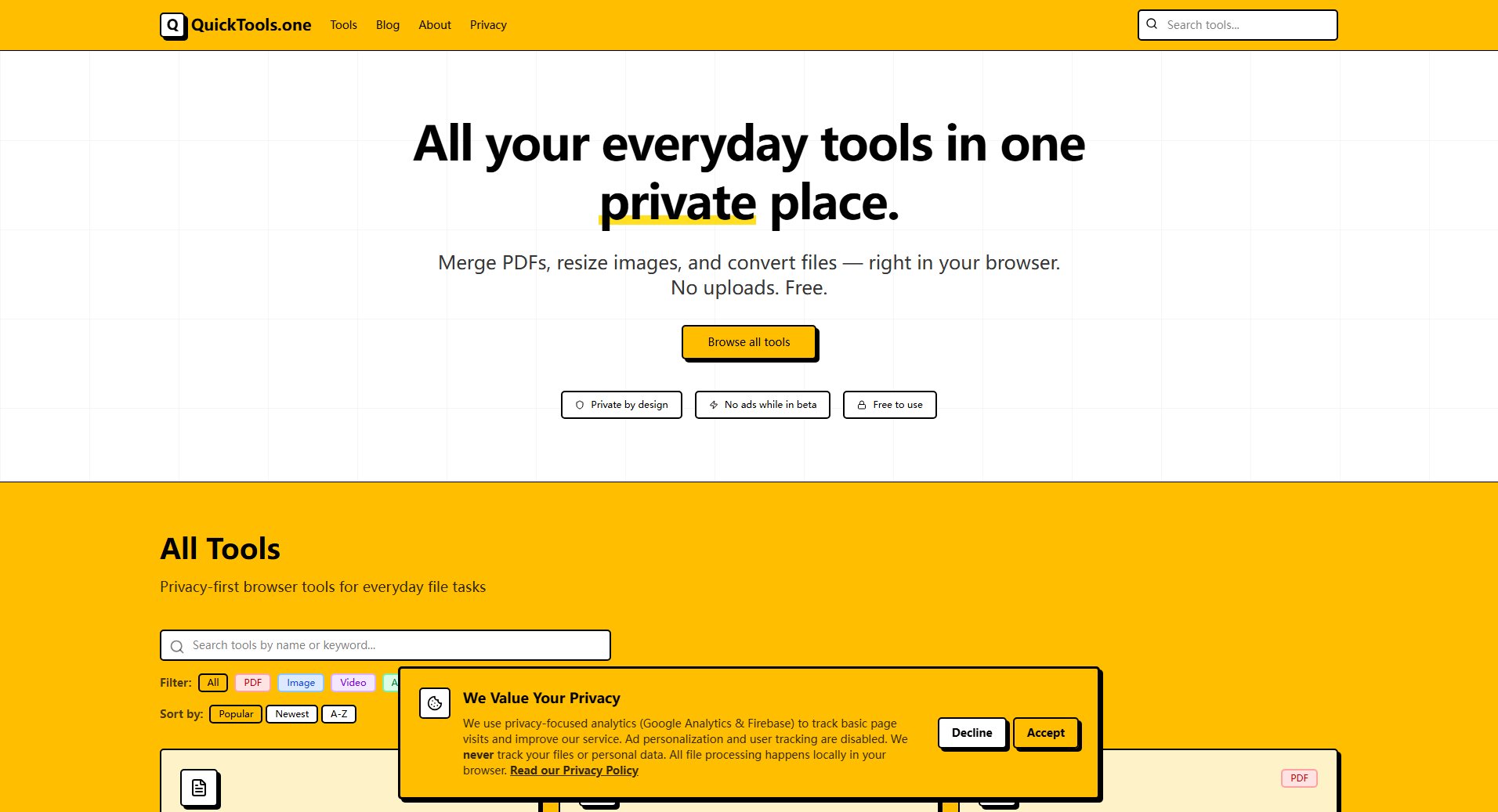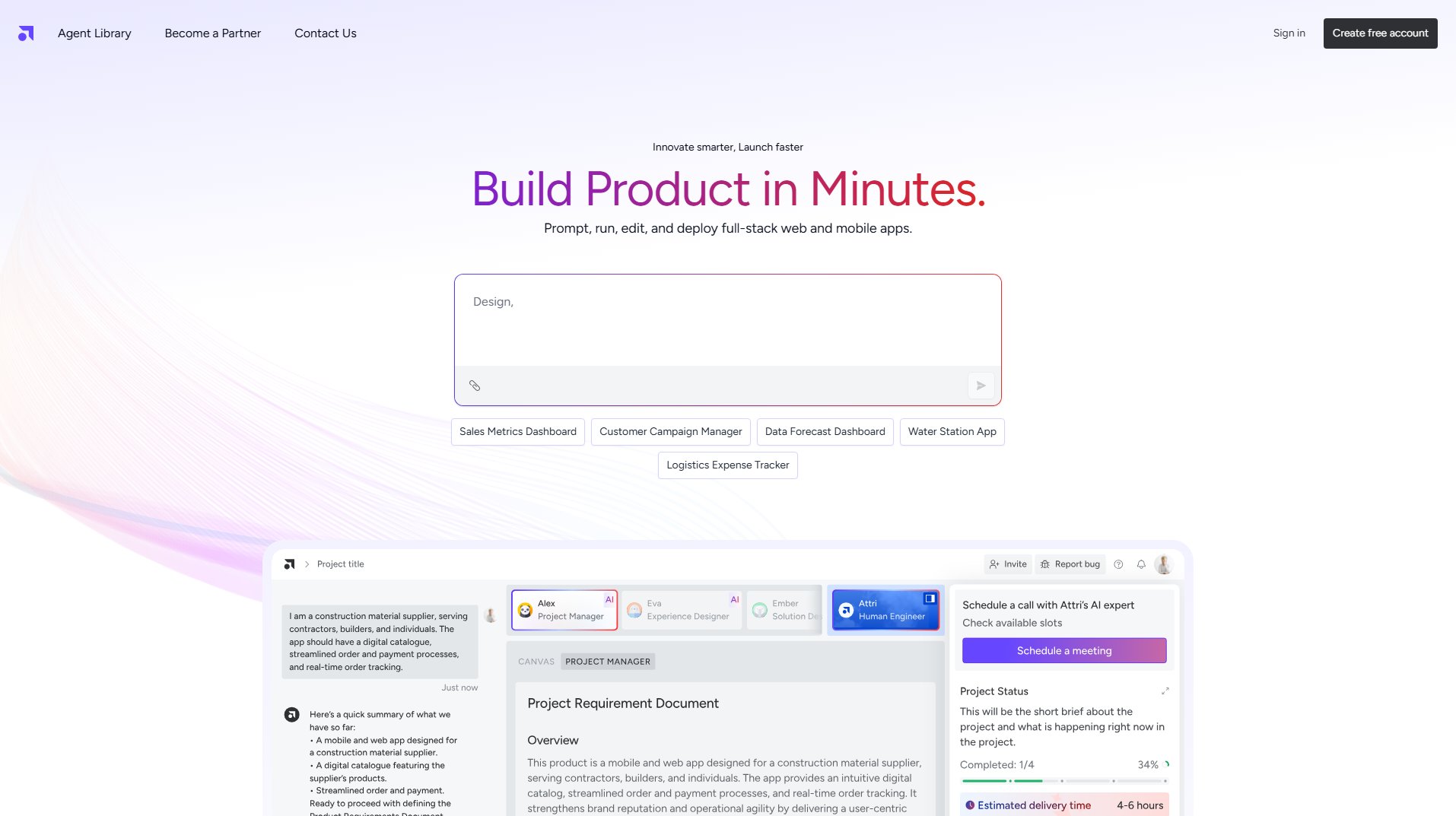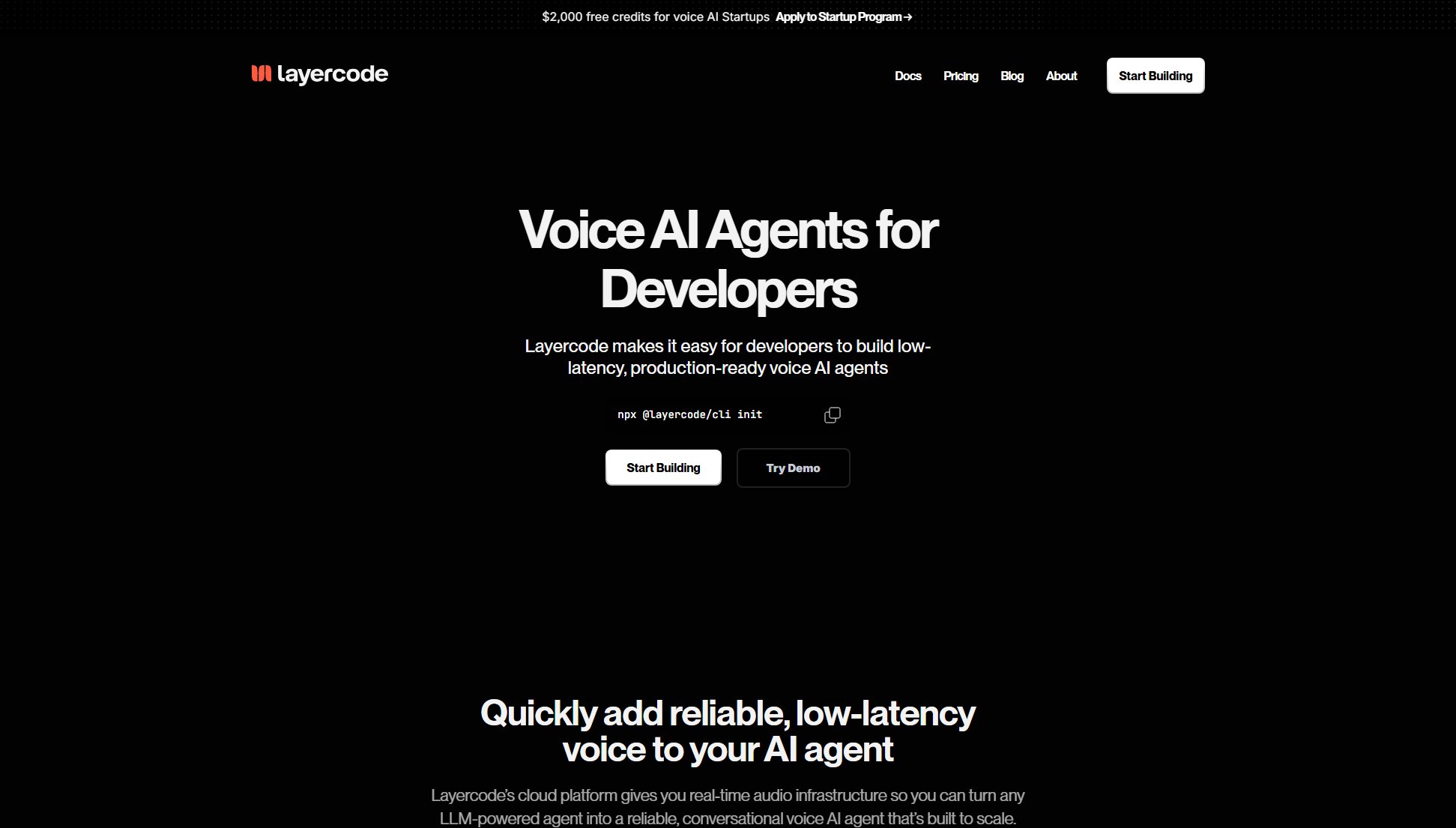AgentSystems
Self-hosted platform for running AI agents with full data control
What is AgentSystems? Complete Overview
AgentSystems is a self-hosted platform that serves as an app store for specialized AI agents that run on your own infrastructure. It solves the dilemma teams face when needing specialized AI capabilities without sending sensitive data to third parties. The platform provides a standardized runtime environment where community-developed agents can be discovered, installed with one click, and run in isolated Docker containers on your infrastructure. AgentSystems is particularly valuable for organizations requiring data privacy, enterprises needing audit capabilities, developers building AI products, and teams lacking ML expertise. The open-source platform (Apache-2.0 license) enables federated discovery through a Git-based agent index, container isolation for security, provider portability to avoid vendor lock-in, and flexible deployment options from laptops to Kubernetes clusters.
AgentSystems Interface & Screenshots
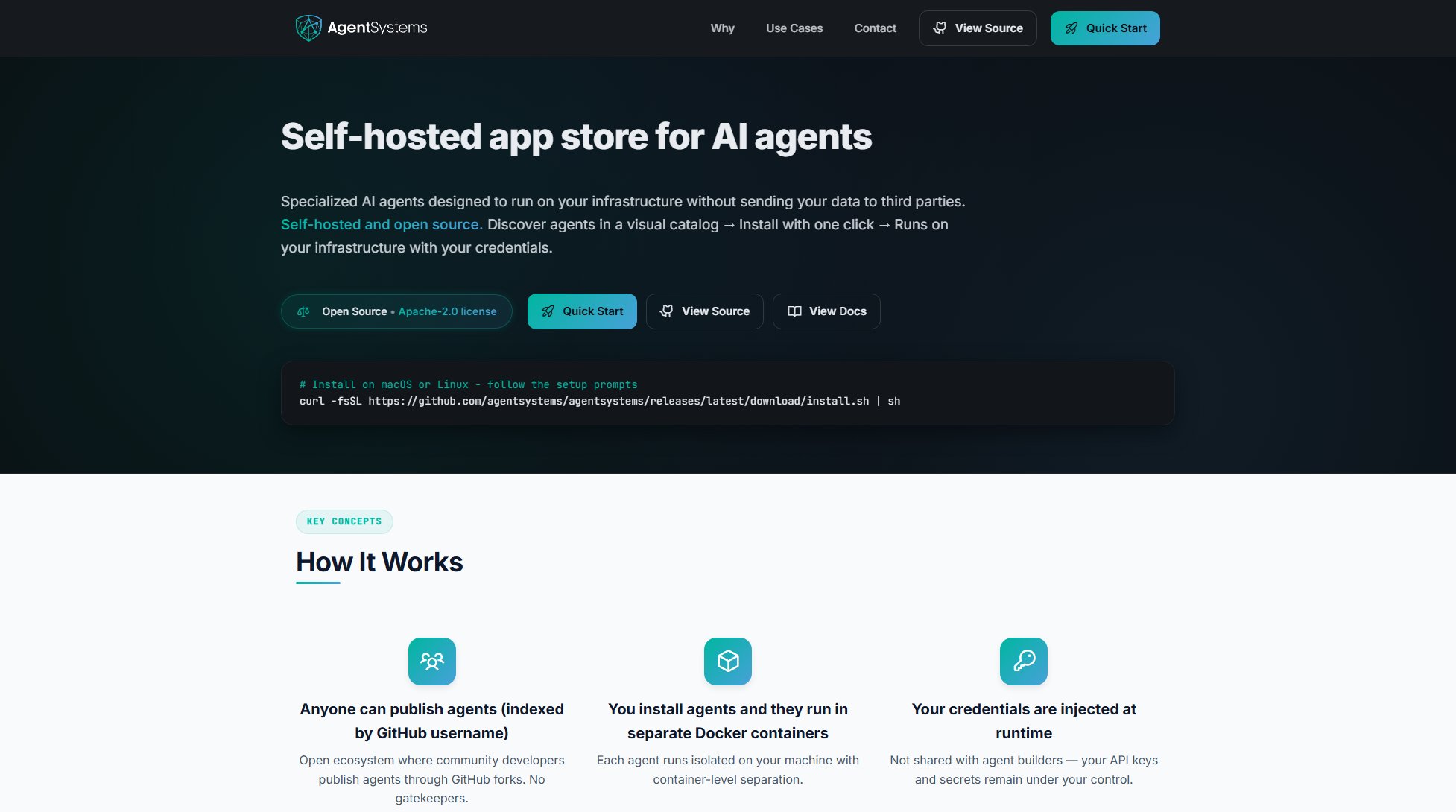
AgentSystems Official screenshot of the tool interface
What Can AgentSystems Do? Key Features
Self-Hosted Architecture
AgentSystems runs entirely on your infrastructure, ensuring your data never leaves your control. Unlike SaaS AI solutions, all processing happens locally with your credentials injected at runtime. This is crucial for organizations with strict data governance requirements or those handling sensitive information.
Container Isolation
Each AI agent runs in its own Docker container with configurable egress filtering (default: none). This provides security through isolation, with thread-scoped artifact storage and lazy startup to optimize resource usage. Containers ensure agents can't access unauthorized resources on your network.
Federated Discovery
The Git-based agent index allows community developers to publish agents through GitHub forks without central approval. Organizations can run their own private indexes alongside the public one. This decentralized approach prevents gatekeeping while maintaining discoverability.
Provider Portability
Agents specify which model they need but inherit your provider configuration. Easily switch between Ollama, AWS Bedrock, Anthropic API, or OpenAI API through configuration without modifying agent code. This reduces vendor lock-in at the agent level.
Audit Trail
SHA-256 hash-chained logs in PostgreSQL provide an immutable record of agent execution. This creates transparency and accountability for compliance purposes, with each operation cryptographically linked to previous ones.
Flexible Deployment
Runs anywhere Docker does - from developer laptops to enterprise servers, VMs, Kubernetes clusters, or air-gapped networks. The same agent can be tested locally then deployed to production without modification.
Best AgentSystems Use Cases & Applications
Research Synthesis
Input 20 PDF research papers and receive a structured literature review with citations and theme analysis. Perfect for academics and analysts who need to process large volumes of literature while keeping sensitive research data private.
Codebase Migration
Transform legacy Python 2.7 codebases into modern Python 3.12 implementations with detailed migration notes. Ideal for development teams upgrading systems without exposing proprietary code to third-party services.
Contract Analysis
Process 100-page legal documents to extract structured data with clause identification. Valuable for legal teams who need AI assistance but cannot risk sending confidential contracts to external providers.
Security Audit Workflows
Analyze application codebases to generate vulnerability reports with findings. Critical for security teams who must keep audit processes and findings within their controlled environment.
Data Normalization
Standardize bank statements from multiple institutions into unified transaction records. Essential for financial teams processing sensitive transaction data while maintaining compliance.
How to Use AgentSystems: Step-by-Step Guide
Install AgentSystems with a single command on macOS or Linux. The installation script handles all dependencies including Docker if not present: `curl -fsSL https://github.com/agentsystems/agentsystems/releases/latest/download/install.sh | sh`
Initialize and start the platform using the CLI: `agentsystems init agentsystems-platform && cd agentsystems-platform` followed by `agentsystems up`. This launches the gateway, web UI, PostgreSQL, and prepares for agent containers.
Browse available agents through the web UI at http://localhost:3001 or explore the public index at agentsystems.github.io/agent-index. The visual catalog shows agent capabilities and requirements.
Install desired agents with one click. Each agent will be downloaded and configured to run in its own container with your specified model provider credentials.
Interact with agents through the web UI or API endpoints. Monitor execution through the built-in observability features including Langfuse integration for tracing LLM calls.
AgentSystems Pros and Cons: Honest Review
Pros
Considerations
Is AgentSystems Worth It? FAQ & Reviews
Yes, AgentSystems is open-source under the Apache-2.0 license with no paid tiers. You may incur costs from running your own infrastructure and from model providers you choose to use (like OpenAI or Anthropic), but the platform itself has no licensing fees.
Developers publish agents by forking the agent-index GitHub repository and adding their agent's metadata. There's no approval process - automated validation ensures basic compatibility, but AgentSystems doesn't review or endorse individual agents.
Yes, AgentSystems supports air-gapped deployments. You'll need to pre-download agent containers and model files, but once set up, the platform can operate completely offline while maintaining all security and isolation features.
While the platform itself is Python-based, agents can be written in any language that can run in a Docker container. The agent template provides Python/FastAPI starter code, but you could build agents in JavaScript, Go, Rust, or other languages.
AgentSystems isn't a competitor to these frameworks - it's a runtime for agents built with them. Your agent might use LangChain internally, while AgentSystems handles deployment, isolation, and execution on your infrastructure.
